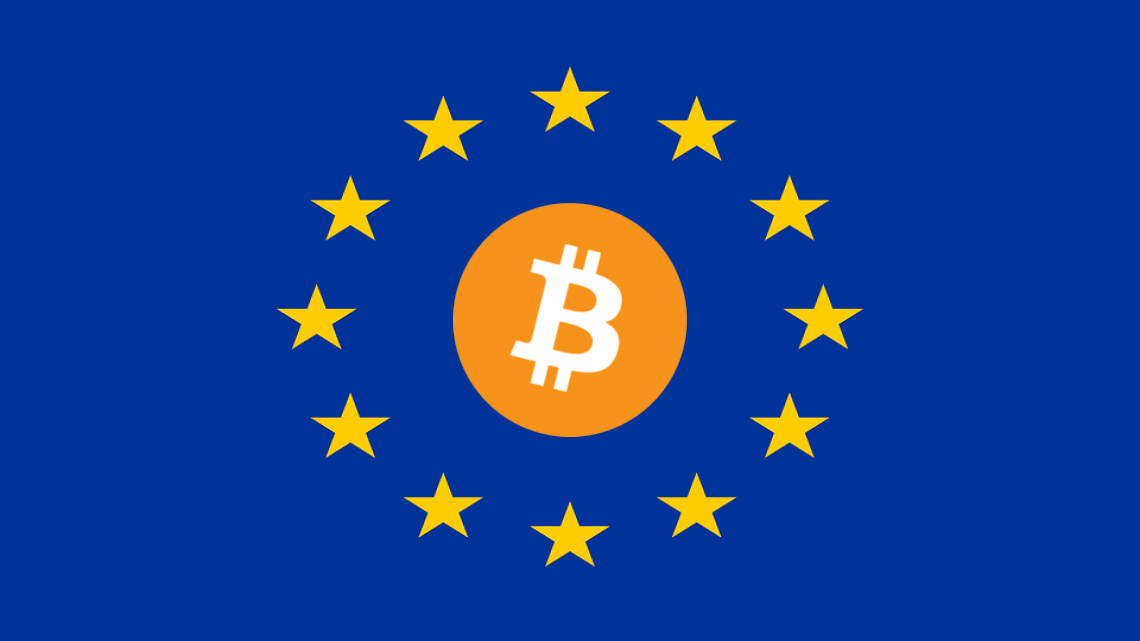
The European Parliament (EP) is bringing in measures to mitigate the risks associated with cryptocurrencies.
The members of EP voted 574 votes to 13 votes with 60 abstentions in favor of a December agreement that asked for closer regulation for virtual currencies, like Bitcoin, to prevent them being used for money laundering and terrorism financing.
Under the agreement, cryptocurrency exchanges and custodian wallet providers will have to apply customer due diligence controls, including customer verification requirements, just like their banking counterparts.
The European Parliament expects that this will help end the anonymity associated with virtual currencies, which is believed to encourage its illicit use.
As per an official press release of the European Parliament, the measures are being taken partly because of the terrorist attacks in Paris and Brussels as well as the Panama Papers leaks.
The harsher regulations against cryptocurrencies are part of a larger brawl against money laundering, and the same agreement also calls for regulations against anonymous prepaid cards, greater protection for whistleblowers and making the identity information of beneficial owners of companies operating in the EU public.
Krisjanis Karins, a co-rapporteur for the EP said that criminals use anonymity to launder their illicit proceeds or finance terrorism the legislation will help address the threats to EU citizens and the financial sector by allowing greater access to information.
Judith Sargentini, another member of the EP is hopeful that such measures will not only help EU but also developing countries in their fight against black money illicitly flowing out of their country:
Annually, we lose billions of euros to money laundering, terrorism financing, tax evasion and avoidance — money that should go to fund our hospitals, schools and infrastructure. With this new legislation, we introduce tougher measures, widening the duty of financial entities to undertake customer due diligence. This will shine a light on those who hide behind companies and trusts and keep our financial systems clean. These rules will also be of enormous benefit to developing countries and their fight against illicit outflows of money which is desperately needed for investment in their own societies.
The official release states that the member states of the EU will have 18 months to transpose the new rules into national law.
via Coindesk
Get the TNW newsletter
Get the most important tech news in your inbox each week.




